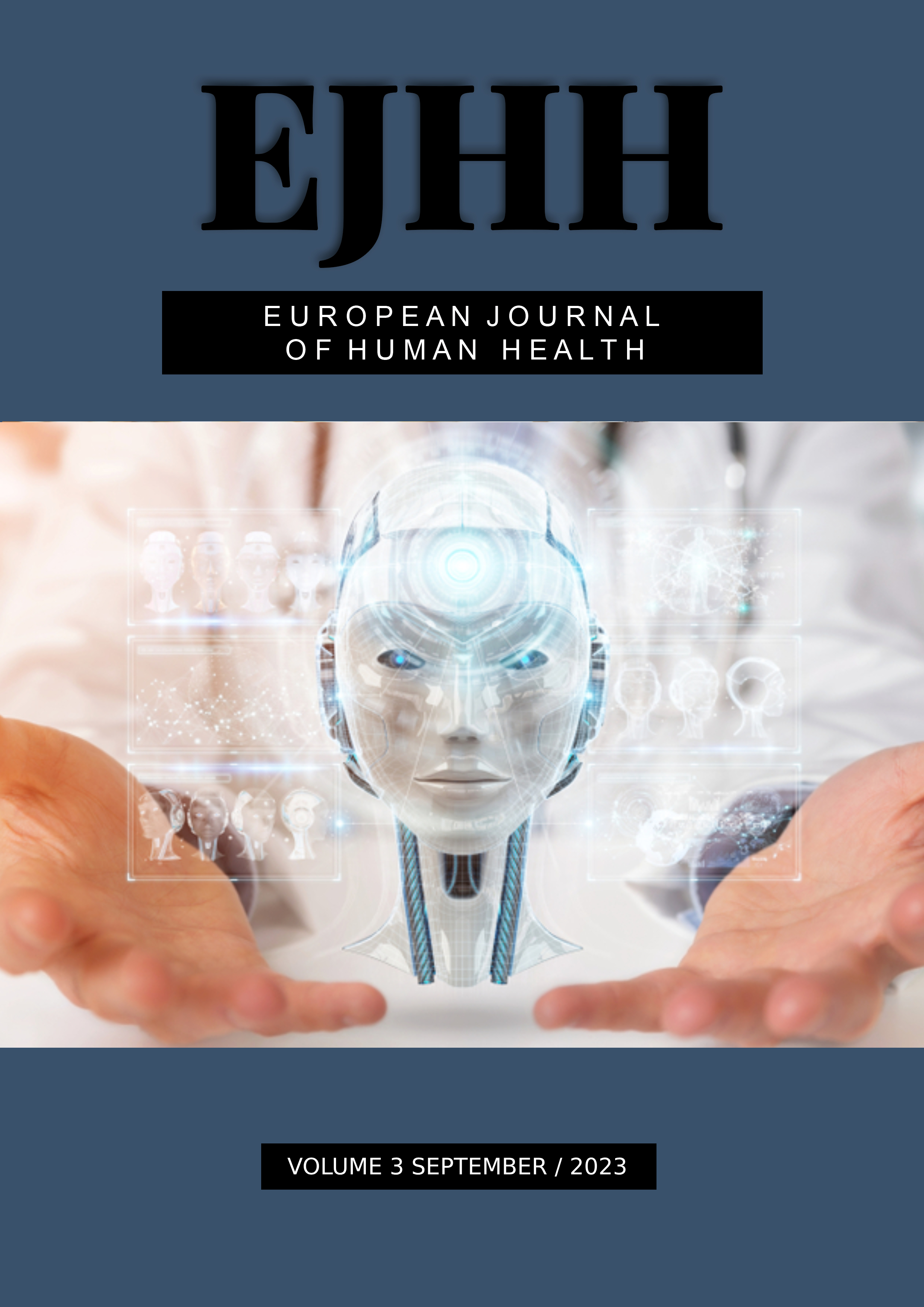Author :
Abstract
Keywords
Abstract
Aim: In this case-control study, we investigated parental history and habits in children with acute lymphoblastic leukemia (ALL) and aimed to find possible factors that could affect the risk of leukemia.
Methods: Parents of 105 children treated for ALL over a period of ten years in our Clinic of Pediatric Hematology-Oncology were questioned in terms of age, family history, nutritional habits, maternal supplement intake, smoking, alcohol consumption, X-ray exposure, and accompanying diseases. Results were compared with a control group which consisted of 102 healthy children of similar age and gender.
Results: There was no significant difference between the groups regarding maternal and paternal age. Even though the rates of family history of leukemia and other cancer types were higher in the leukemia group, the difference was not statistically significant. The rate of vitamin and iron supplement intake during pregnancy was significantly lower in the leukemia group (p=0.017; p=0.002). The rate of folic acid and fish oil supplement use was higher in the control group; however, there was no significant difference. There was no difference between the groups in terms of maternal X-ray exposure, infections, and other diseases during pregnancy. Paternal smoking history ≥1 pack/day and ≥20 packs/year; and paternal routine alcohol consumption was significantly higher in the leukemia group (p=0.041; p=0.048; p=0.029).
Conclusion: Leukemia is a disease with a multifactorial etiology that arises from interactions between genes and the environment. Paternal cigarette smoking, alcohol exposure, and maternal iron and vitamin deficiency may be among the factors that increase the risk of childhood ALL.





